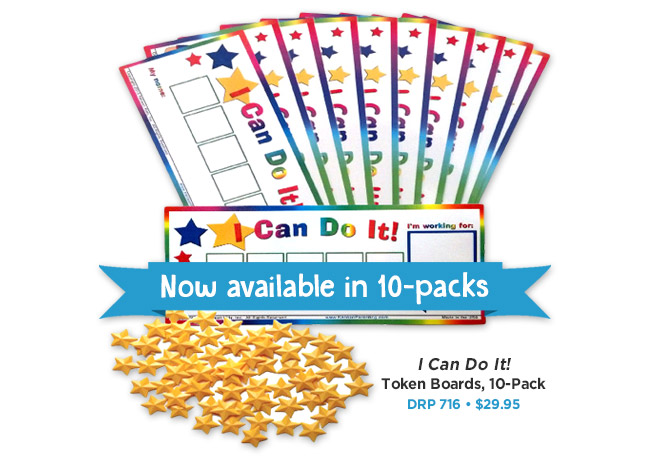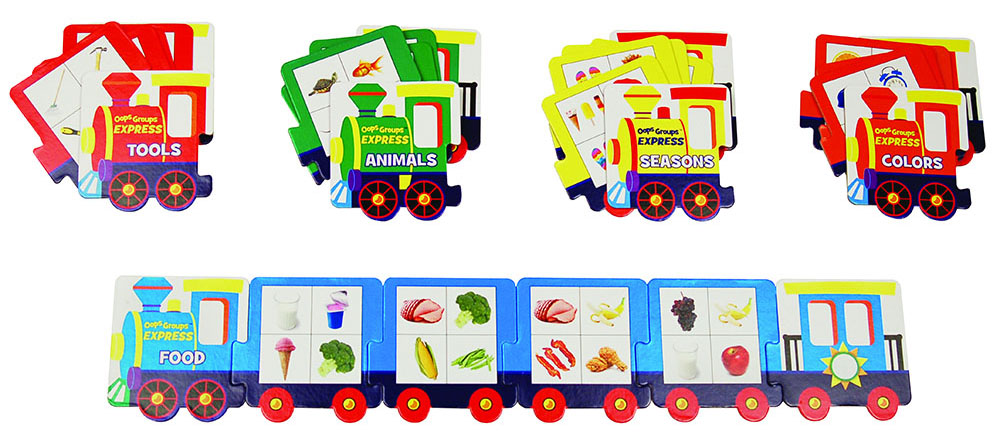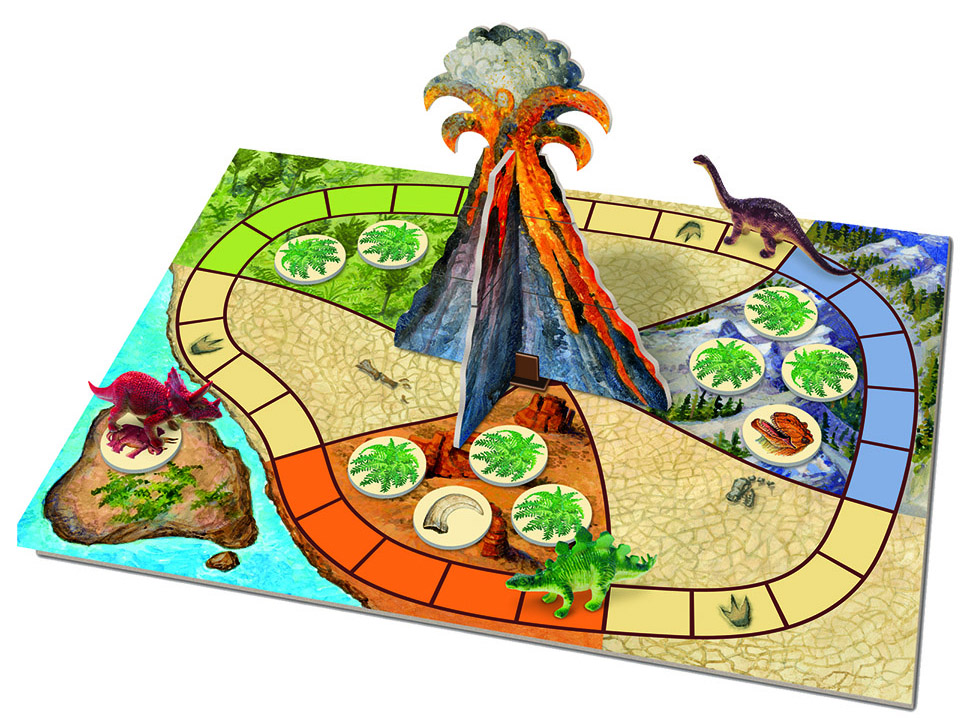Get a head start on helping your child improve their handwriting skills before the school year begins! This week, take 15% off our handwriting programs and tools with promo code WRITE15 at checkout!
 Jumbo triangular pencils are just right for the student who is making the transition from using grips to regular pencils. These pencils are fatter and have a soft dot comfort zone for a non-slip grip. The box comes with 12 pencils, all in black lead.
Jumbo triangular pencils are just right for the student who is making the transition from using grips to regular pencils. These pencils are fatter and have a soft dot comfort zone for a non-slip grip. The box comes with 12 pencils, all in black lead.
Get your Jumbo Triangular Pencils here!
 We’ve compiled the Writing & Art Kit to support students in their writing and arts & crafts skills. This kit contains: a pair of child-safe scissors, lined paper for upper- and lowercase writing, and a jumbo grip triangular pencil that improves a child’s grip directly on the pencil.
We’ve compiled the Writing & Art Kit to support students in their writing and arts & crafts skills. This kit contains: a pair of child-safe scissors, lined paper for upper- and lowercase writing, and a jumbo grip triangular pencil that improves a child’s grip directly on the pencil.
For the arts, we’ve included triangular crayons, triangular glue sticks, both for a better grip, and glossy colored paper for bright, shining artwork.
 Sensible Pencil, by Linda C. Becht, is a handwriting program that contains 200 sequential worksheets to help new writers achieve success quickly and pain-free. Children start with simple horizontal and vertical lines that are presented as fun, and then go on to the other basic lines needed for handwriting skills. The program also includes a progress chart and a manual for teachers and parents. Notebook format.
Sensible Pencil, by Linda C. Becht, is a handwriting program that contains 200 sequential worksheets to help new writers achieve success quickly and pain-free. Children start with simple horizontal and vertical lines that are presented as fun, and then go on to the other basic lines needed for handwriting skills. The program also includes a progress chart and a manual for teachers and parents. Notebook format.
*Code is valid for one-time use through August 16, 2016 at 11:59pm. Offer cannot be applied to previous purchases, combined with any other offers, transferred, refunded, or redeemed and/or exchanged for cash or credit. Different Roads to Learning reserves the right to change or cancel this promotion at any time. To redeem offer at differentroads.com, enter promo code WRITE15 at checkout.


 Can you find the “oops” to help complete the Oops Groups Express Train? Our new
Can you find the “oops” to help complete the Oops Groups Express Train? Our new 
 New to our catalog, the Power Pen and accompanying
New to our catalog, the Power Pen and accompanying  The
The  Each colorfully-illustrated 25-piece magnetic set provides a perfect avenue for young children to learn about the wonders of the world around them. With
Each colorfully-illustrated 25-piece magnetic set provides a perfect avenue for young children to learn about the wonders of the world around them. With 

 For kids who love dinosaurs, the
For kids who love dinosaurs, the 
 Younger learners will have an enjoyable time with the
Younger learners will have an enjoyable time with the 



 Read and re-enact classic children’s stories with charming 3-D objects! This week, we’re offering 15% off our new
Read and re-enact classic children’s stories with charming 3-D objects! This week, we’re offering 15% off our new 

 1, 2, 3 to the Zoo
1, 2, 3 to the Zoo